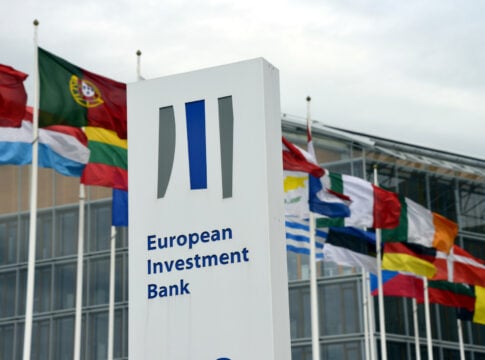The Greek government presented a draft law to integrate into national legislation a European directive on implementing a minimum tax rate on multinational enterprises and large-scale domestic groups which could lead to a supplementary tax of up to 15% on profits.
More specifically, the Pillar II directive (EU 2022/2523) is a significant step towards dealing with the problem of tax avoidance and unfair tax competition which results from the declaration of profits of large companies active both in our country and in the other member states.
The new system has been adopted by 132 countries so far and it is mandatory for EU member-states from January 1, 2024.
This new system implements a global minimum tax level, a real tax rate of 15% on multinational enterprises and large-scale groups. The new system has been adopted by 132 countries so far and it is mandatory for EU member-states from January 1, 2024.
Therefore, both multinational business groups and large-scale national groups with an annual turnover of more than 750 million euros should be compulsorily taxed at a minimum tax rate that cannot fall below 15%.
In Greece, based on 2022 data, there are 19 Greek groups and 900-950 subsidiaries of foreign groups with a consolidated turnover of 750 million euros for at least two out of the four years before 2024. The corporate tax rate in Greece remains at 22%. The adoption of the EU directive will not lead to an exit by foreign business groups, while additional tax revenue resulting from the implementation of the new legislation is estimated at 80 million euros.
“Our country integrates a European directive introducing a supplementary tax up to 15% on multinational enterprises and large-scale groups which pay lower taxes for reasons of unfair tax competition. Supporting business activity is a stable policy of the government, along with an effort to attract investments. But this must be separated from efforts for tax avoidance. These practices are sought to be dealt with by the European Union and Greece integrates this directive not only for reasons of institutional obligation but for reasons of tax justice as well,” Finance Minister Kostis Hatzidakis said.














